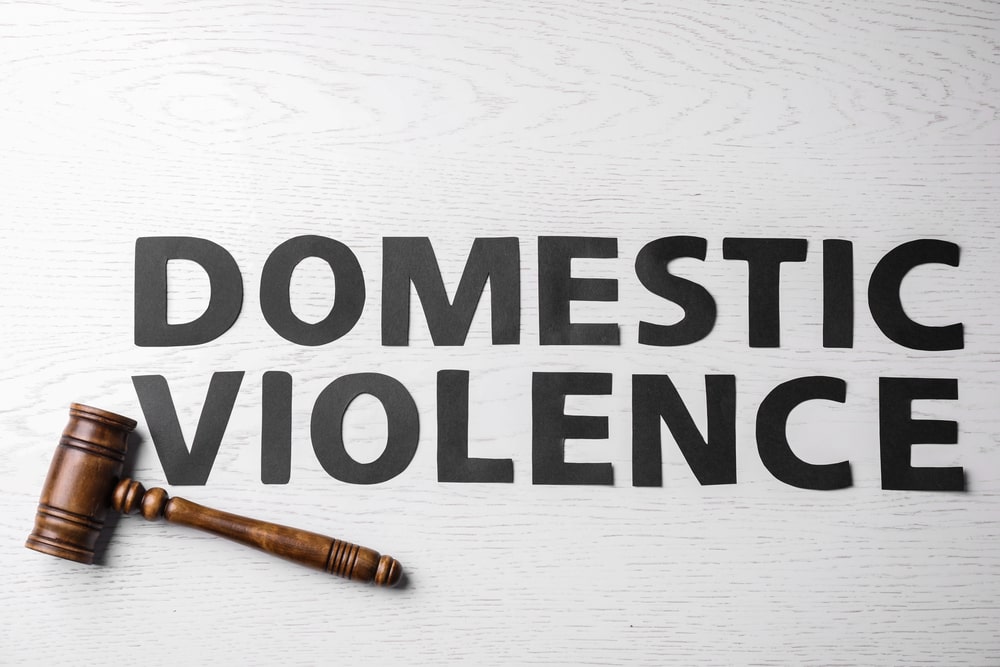The domestic violence and stalking laws in Maine are currently being updated to address some shortcomings in the previous laws and to add clarity for both victims and accused parties in such cases.
A recent high-profile case in Colorado ended up in a Supreme Court appeal in June 2023, and highlighted difficulties when prosecuting alleged perpetrators of stalking and domestic violence crimes, with an emphasis on stalking that takes place online or without any physical contact. First Amendment rights to free speech are strong in the U.S. and proving “true threats” can be challenging when pursuing a conviction.
The new laws are designed to provide more clarity for courts across Maine, as well as for the victims in these cases and the defendants charged with these crimes.
Call 207-571-8146 or contact us online to schedule a consult with one of our highly skilled criminal defense & OUI lawyers, serving Southern Maine, today.
Table of Contents
Domestic violence in Maine
Domestic violence is most commonly used to describe spousal abuse in Maine. This may take the form of physical or sexual abuse or verbal and emotional abuse.
The crime has a very broad definition and includes any type of abusive behavior committed by one member of a household against another. It also includes threats to commit violence and even crimes committed against a domestic partner’s pet to control and/or intimidate the alleged victim.
In Maine, members of a family or those in an intimate relationship—a marriage, dating relationship or even cohabiting members of a household—can be charged with domestic violence. If convicted, the penalties usually involve probation, the requirement to avoid contact with the victim for a specified period, enrollment in a rehabilitative course, and potential removal from the home.
Stalking laws in Maine
Maine’s stalking laws are harsh—and even harsher if the person alleged to have been stalked is someone close to the defendant. This crime can lead to a charge of domestic violence stalking, rather than standard stalking.
Standard stalking laws prohibit knowingly engaging in a “course of conduct directed at or concerning a specific person that would cause a reasonable person” to:
- Suffer emotional distress or serious inconvenience
- Fear getting hurt
- Fear for family, close friends, lovers, business associates, or even pets, or
- Worry about his or her property
If someone who has been accused of stalking is in a relationship with the alleged victim, the stalking charge becomes a domestic violence stalking charge. This is a Class D crime in Maine, punishable by up to 364 days of incarceration.
What do the new stalking laws mean?
A large number of alleged stalking cases have not been followed up in Maine since the Supreme Court decision. Law enforcement has often been unable to arrest suspects and the District Attorney’s office has dismissed many cases because the current stalking statute is seen as unconstitutional and the likelihood of conviction very low.
The new proposed laws in Maine are designed to create a constitutionally-sound criminal and civil justice system in response to domestic violence. The idea is that crimes can be successfully and constitutionally prosecuted under Maine law rather than cases ending in dismissal or acquittal.
Representatives from the Maine Attorney General’s office, the Maine Coalition to End Domestic Violence, and the Maine Coalition Against Sexual Assault testified in support of the proposal.
Call 207-571-8146 or contact us online to schedule a consult with one of our highly skilled criminal defense & OUI lawyers, serving Southern Maine, today.
What represents a “true threat” in stalking cases?
The nature of a “true threat” was central to the Supreme Court decision in the Colorado case. That’s because “true threats” are not protected by the First Amendment rights concerning free speech.
The Colorado court initially relied on an objective test to make its conviction, a test that deemed that a reasonable person would construe the statement in context as a threat.
The Supreme Court decided that a subjective test standard should be used, which requires that a prosecutor shows that the person who made the statement intended to make a threat. This is generally more challenging to do. Because this was not shown in the initial Colorado case, the appeal was successful and the conviction was vacated, returning to the lower court for a retrial under the new standard.
The decision on the standard for “true threats” set alarm bells ringing in Maine, prompting the changes mentioned.
Proposed change to protection from abuse orders in Maine
Another proposed change to Maine’s domestic violence laws is currently in motion. This is in the form of a bill that would amend the law about protection from abuse orders, giving courts the ability to set a specific distance that a defendant must stay away from the victim.
It is helpful to remember here that the majority of sexual assaults are committed by a person known to the victim. Currently, most Maine protection orders only prevent what courts call direct contact, such as a phone call or text—but do not prevent an alleged assailant from walking close to their target, for instance.
The bill states that the defendant must knowingly be within this specified distance to avoid circumstances where the defendant may not know they are near the victim.
A conviction for violating a protection from abuse order carries significant penalties in Maine. It can be classified up to a Class C crime and a sentence of five years’ incarceration. However, a common defense for defendants is to claim that they were unaware that they were near the victim.
The proposed change to the law would effectively negate that defense and bring it into line with several other states that have distance requirements for protection from abuse orders.
The changes to Maine’s domestic violence laws generally give the courts more power to protect alleged victims. It is, therefore, imperative for anyone accused of a domestic violence offense to hire a criminal defense lawyer who is up to date with the new laws and can provide a robust defense.
For experienced legal help with any domestic violence or stalking charge, call the Maine Criminal Defense Group at 207-571-8146 for an initial case evaluation.
Call 207-571-8146 or contact us online to schedule a consult with one of our highly skilled criminal defense & OUI lawyers, serving Southern Maine, today.
Blog Posts

Defending Maine domestic violence charges Being charged with domestic violence in Maine is a serious legal matter with consequences that can impact your freedom, reputation, and future. Whether the allegation[...]
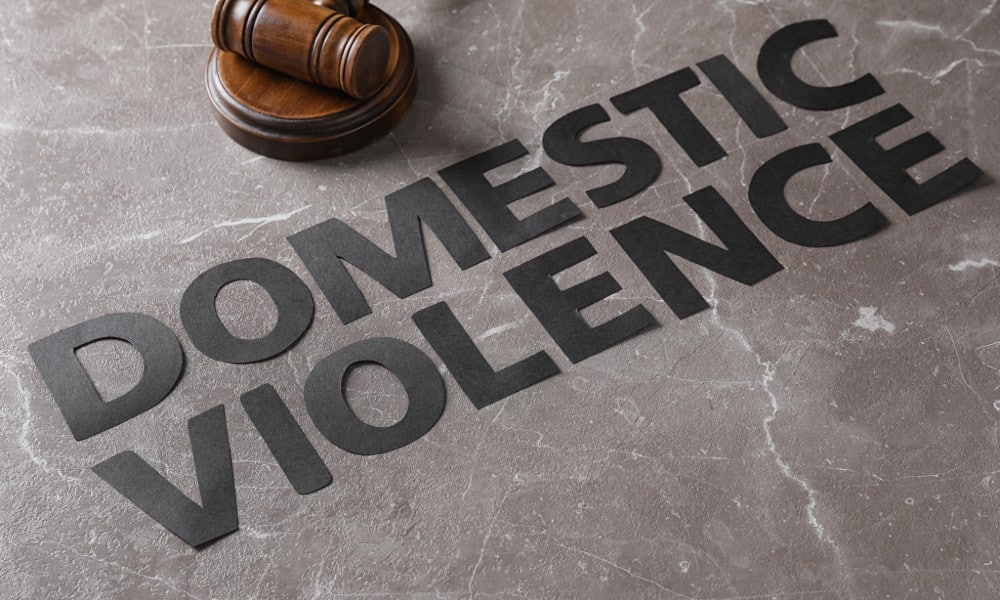
A domestic violence conviction can have serious consequences in Maine Assault, criminal threatening, and reckless conduct in domestic settings can all be classed as domestic violence in Maine—and criminal charges[...]

Defending those accused of domestic violence in Southern Maine Assault, criminal threatening, and reckless conduct in domestic settings can all be classed as domestic violence in Maine—and criminal charges can[...]

Sexual assault and sexual battery both refer to criminal offenses where a victim does not provide consent to sexual contact. This contact may or may not involve penetration, force, violence,[...]

In recent years, convictions for domestic violence offenses in Maine have increased as state prosecutors rigorously pursue cases. This has led to harsher penalties for offenders, which makes it even[...]
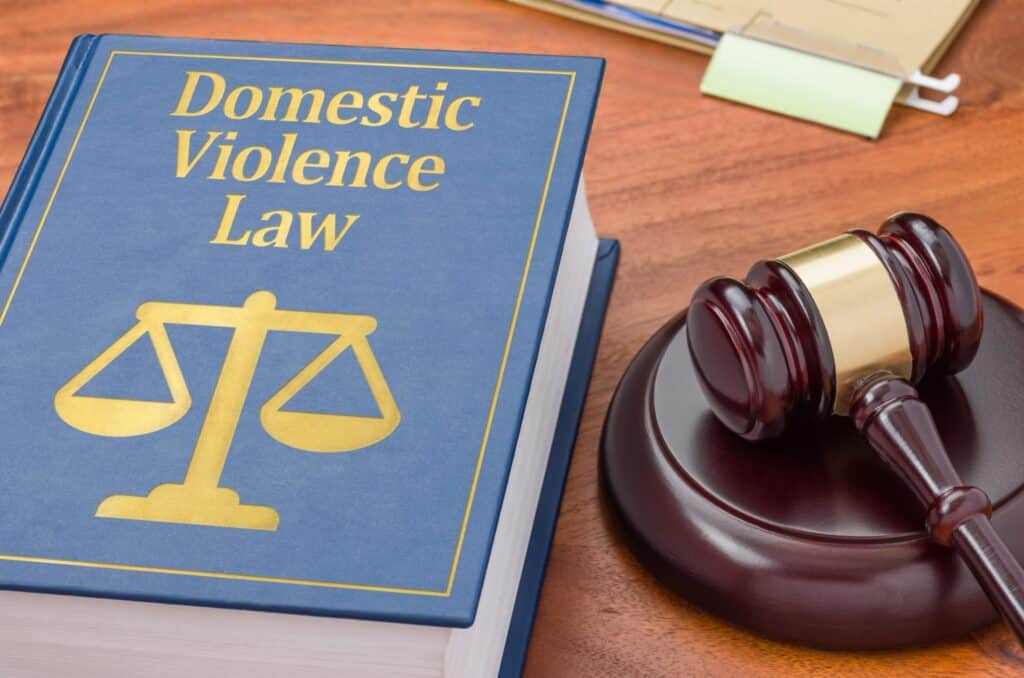
Crimes of domestic violence in the state of Maine can be confusing. This is because crimes of domestic violence are really just other crimes, like assault or battery, when those[...]

A protection from abuse order (PFA) can make it illegal for an individual to contact you or your children in the state of Maine. Filing a PFA is often a[...]
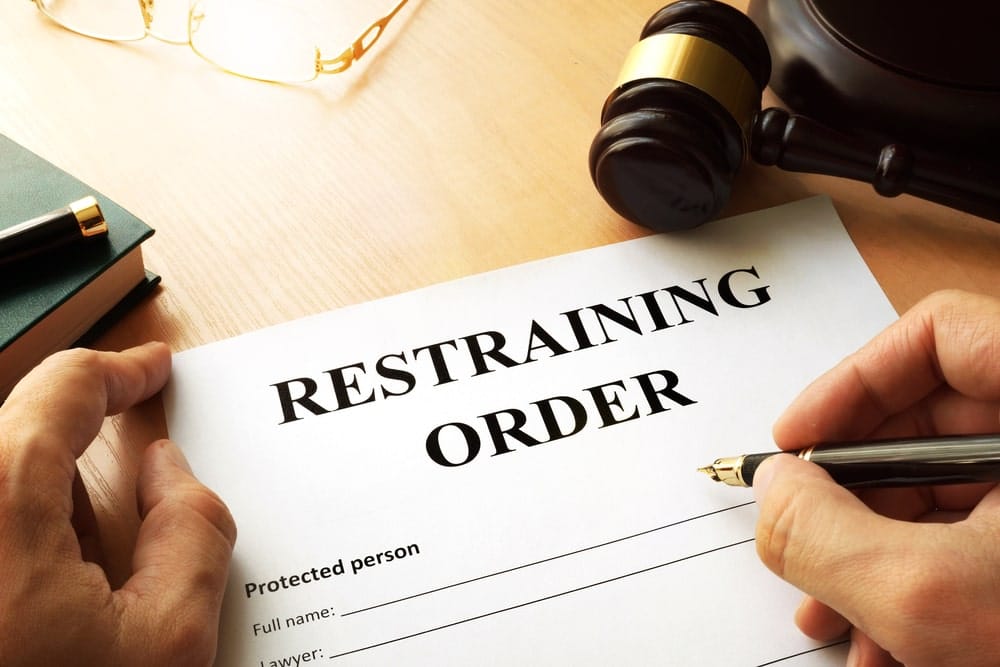
Protection from Abuse Orders (PFAs), such as restraining orders and no-contact orders, are frequently issued by the courts in domestic violence cases in Maine but are often confused. No contact[...]
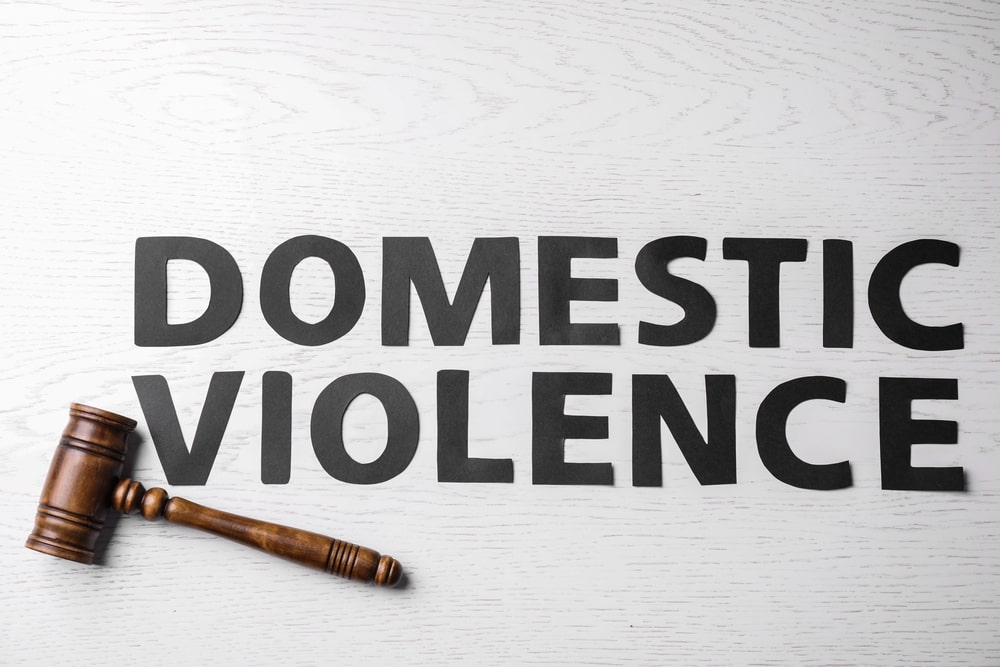
This article was updated March 6, 2025 Oftentimes what I see in these domestic violence situations is that a husband and wife get in a fight. They love each other[...]

Domestic violence cases can be some of the most challenging to deal with for everyone involved. Families with children can be thrown into turmoil with emotions running high. Many people[...]
